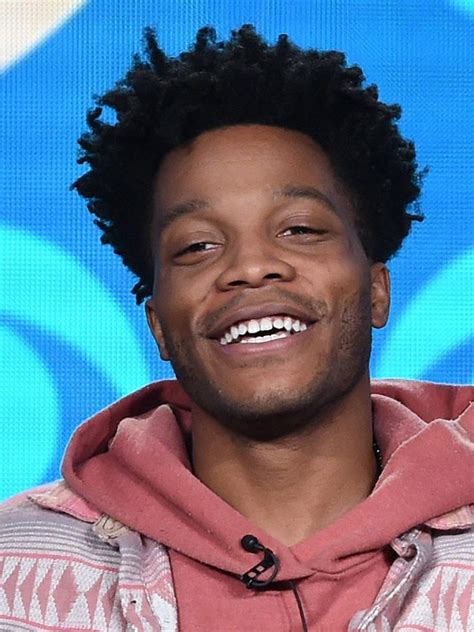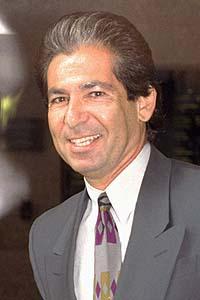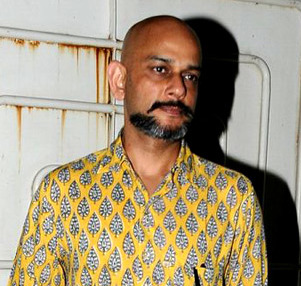A Quote by Michael Connelly
The TV audience is way bigger than a book audience, and no matter what I do, I'm always thinking if this will help people read my books.
Related Quotes
I can write any kind of novel I want, any time, and sell it, but there's not that many people watching it. Even a low-rated TV show is a couple million more people than read my books. You want to be read, in essence. If you're a television writer, you're a writer and you want people to read your stuff. You're still reaching a bigger audience, that way. That's a philosophical way to look at it.
Films for TV have to be much closer to the book, mainly because the objective with a TV movie that translates literature is to get the audience, after seeing this version, to pick up the book and read it themselves. My attitude is that TV can never really be any form of art, because it serves audience expectations.
When someone says "that resonates with me" what they are saying is "I agree with you" or "I align with you." Once your ideas resonate with an audience, they will change. But, the only way to have true resonance is to understand the ones with whom you are trying to resonate. You need to spend time thinking about your audience. What unites them, what incites them? Think about your audience and what's on their mind before you begin building your presentation. It will help you identify beliefs and behavior in your audience that you can connect with. Resonate with.
Broadcast TV has a very classy but old-fashioned way of doing television. That's what it's always going to be. But you've still got to introduce young talent and ideas and shows to the masses. That's the way you build a bigger and younger audience, introducing younger writers, comics, TV shows to viewers.
My father always says, ‘Never trust anyone who has a TV bigger than their bookshelf.’ So I make sure I read. Back at home, I just put up a massive bookcase and asked everyone I know and love to help me fill it with their favorite books. It’s been quite nice because I’ve learned a lot about my friends and family from what they’ve been giving me. A book says a lot about a person.
I like the idea of standalone novels. I always found with series of books, it's something that publishers love obviously because they can make a lot of money and they build an audience from book to book, but I don't like that as a writer. I prefer the idea of just telling a story, completing it within your book, and moving on and not forcing a child to read eight of them.
































